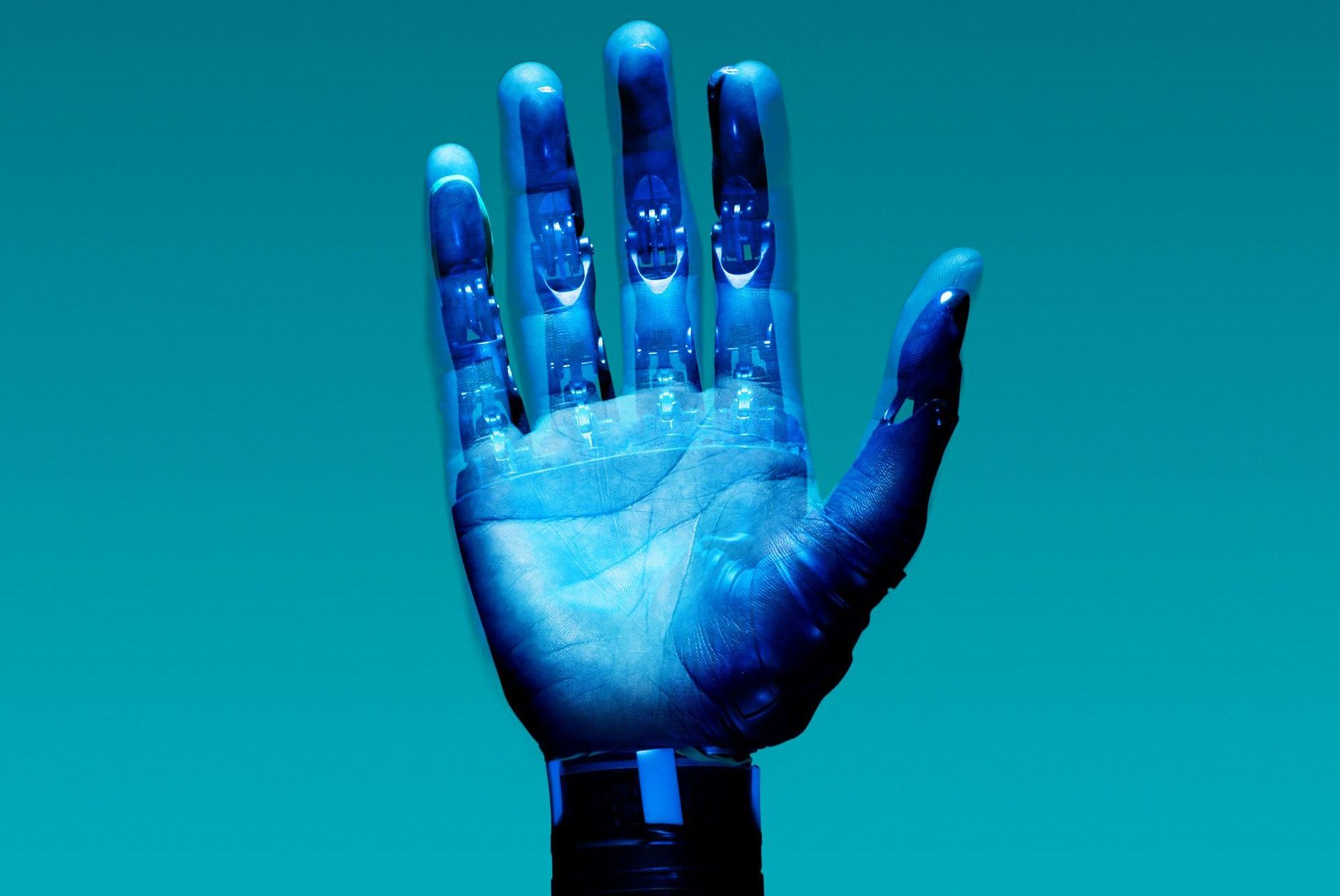What are the costs of a bad hire and how to get it right
A bad hire can cost far more than just a few months' salary ...

How to Avoid Common Recruitment Pitfalls
Hiring the right talent in AI and Data is a critical challenge for businesses looking to drive innovation and stay ahead of the competition. However, a bad hire can cost far more than just a few months' salary because it can lead to missed project deadlines, technical debt, team disruptions or a weakened market position. In this article, we’ll explore the risks of mis-hiring in AI and data roles and provide actionable strategies to get recruitment right the first time.
The True Cost of a Bad Hire
1. Financial Impact
Hiring and onboarding a new employee is a costly process. Research suggests that a bad hire can cost a company up to three times the employee's annual salary in the UK, according to the Recruitment & Employment Confederation (REC). These figures underscore the financial burden of replacing an ineffective hire, particularly in high-paying AI and data roles.
2. Productivity Loss
A mis-hire in AI or data engineering can lead to inefficiencies, missed deadlines or poor-quality work that requires rework from other team members. A project that should have accelerated business insights or improved AI capabilities may instead slow down or fail entirely.
3. Impact on Team Morale
A poor hire can disrupt team dynamics, lower morale or increase turnover among top-performing employees. AI and data teams thrive on collaboration, and when a team member lacks the necessary skills or maybe even work ethic, others are left to pick up the slack, leading to frustration and burnout.
4. Reputational Damage
In high-stakes fields like AI and data, mistakes can have far-reaching consequences. A mis-hire could lead to poor model performance, data security risks, or compliance failures which in turn can damage client trust and the company’s reputation.
Common Pitfalls in AI & Data Recruitment and How to Avoid Them
1. Prioritising Technical Skills Over Business Impact
It’s tempting to hire candidates with the most impressive AI models or technical capabilities, but success in AI and data roles also requires business alignment. Candidates should not only have technical expertise but also understand how their work impacts the company's strategic goals.
Solution: Incorporate real-world problem-solving assessments into the interview process to evaluate how candidates approach business challenges and not just coding exercises.
2. Relying Solely on Keywords in CV’s
AI and data professionals often list numerous tools and frameworks on their resumes, but that doesn’t always equate to hands-on expertise.
Solution: If you are not using a specialist recruiter to screen candidates, conduct in-depth technical interviews with practical coding tasks and system design discussions to assess a candidate’s real-world proficiency.
3. Overlooking Soft Skills
As you know, data scientists, engineers or solutions architects don’t work in isolation, they collaborate with product teams, executives and other stakeholders.
Solution: Evaluate communication, influencing, adaptability skills and teamwork through behavioural based interview questions (Try using the STAR technique if you are not currently).
4. Ignoring Cultural Fit
AI and data teams function best when aligned with a company’s values and long-term vision. A technically skilled but culturally misaligned employee can lead to disengagement and turnover.
Solution: Involve multiple stakeholders in the hiring process to ensure alignment with company culture and work environment. Ensure the hiring panel understand what they are assessing for and have consistency in their approach.
5. Rushing the Hiring Process
The demand for AI and data talent is high, but hiring under pressure can lead to costly mistakes.
Solution: Partner with specialised AI and data recruitment agencies that understand the market, reducing time-to-hire whilst maintaining quality.
Getting Recruitment Right the First Time
1. Define Clear Role Requirements
Ensure job descriptions accurately reflect both the technical expertise and business impact expected from the role.
2. Use a Structured Hiring Process
Implement a multi-stage interview process, including technical assessments, business problem-solving discussions and cultural fit evaluations. Ensure this process is used for each candidate to establish consistency and fairness.
3. Offer Competitive Packages & Growth Opportunities
Top AI and data professionals have many opportunities so ensure your company stands out by offering career growth, a strong company culture and attractive compensation packages.
A bad hire in AI or data isn’t just an inconvenience it’s a costly mistake that can impact finances, productivity, team morale and company reputation. By refining your hiring process, prioritising both technical and business acumen and working with specialised recruiters, you can ensure that your AI and data teams drive innovation rather than disruption.
Need help finding the right AI & data talent? KDR Talent Solutions specialises in connecting businesses with the best professionals in AI, data engineering, and solutions engineering. Get in touch today to build your high-performing team!






